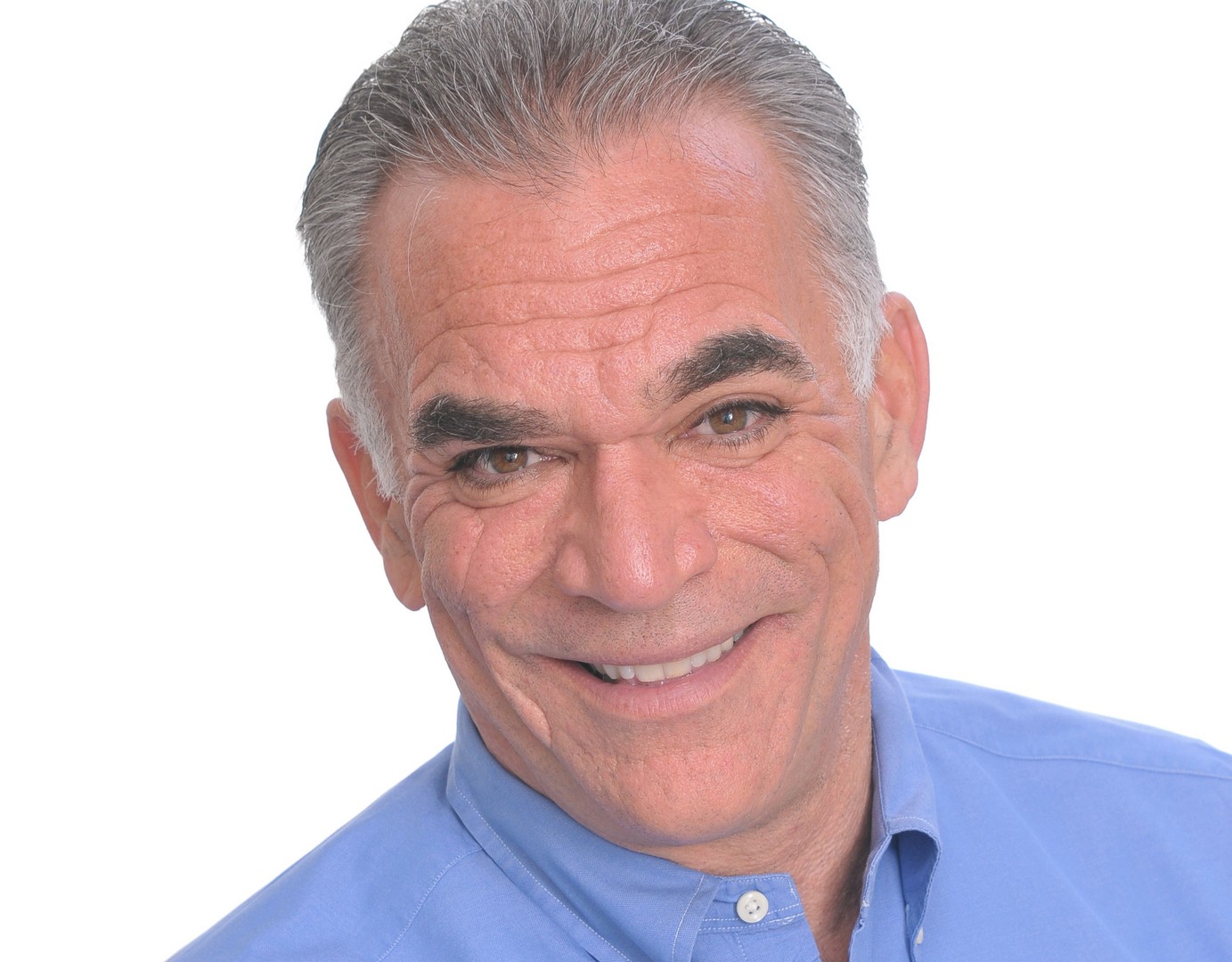By Stephen Garber
You lead your organization. You have many stakeholders, people you serve, people you rely on.
One question we love to ask is, “Who comes first?” A lot of folks say the customer does. “Without the customer, we don’t have cash. No cash, no one gets paid. Focus on the customer!”
Others say the shareholder. “We answer to the shareholder. They invested in us. They deserve a great return. When we want to expand, we need them. Focus on the shareholder!”
At SFBW’s latest “CEO Connect” event, we were entertained and motivated by Teddy Morse. There he was, in front of other leaders—potential customers; it was at the Cadillac dealership—and he suggested that his priority was clear. He said he focuses on his team. Without them, his company wouldn’t have, serve or keep its customers. Without customers, shareholders see no return. And he didn’t apologize.
Rock on, Teddy.
Think about it: When we do business with another company, what does that mean? Who or what is that company? The cars? The buildings? The statements/invoices? The replacement parts? No, that company is the people we interact with—the human beings who let us know who they are, how they are treated, and how they feel about the company they work for, by the way they treat us.
The dean of personal development trainers, Zig Ziglar, said this at a seminar I attended 35 years ago: “Show me how your people are being treated, and I will show you how your customers are being treated. Show me how your customer is being treated, and I will show you how your people are being treated.”
In today’s world of low-overhead, direct-to-consumer marketing, one of the key metrics for all businesses is customer acquisition. That’s not an area of my expertise, but common sense tells us that keeping existing clients is a lot less costly than acquiring new customers. And research suggests that people who suffered a bad interaction were 50 percent more likely to share it than those who had good experiences and 52 percent more likely to share it on an online review site such as Yelp.
What makes those experiences? Your people.
As Morse said, he rarely sells or services a car these days. But his team sold $1.6 billion worth of cars in 2016. They served the customers in many ways—sales, service, accounting, keeping the spaces clean, and more.
Great businesses become great from the inside out. The founder has a vision and a mission. His or her people share that vision. As the business grows, it must find ways to have that mission and passion be reflected in all that it does for its customers and shareholders. The business is its people. They create sustained success from the inside out.
Who’s on first? Your people. Without them, no one scores. ♦
Stephen Garber is director of Third Level Ltd. Contact him at 561.752.5505 or sgarber@thirdlevel.com.














